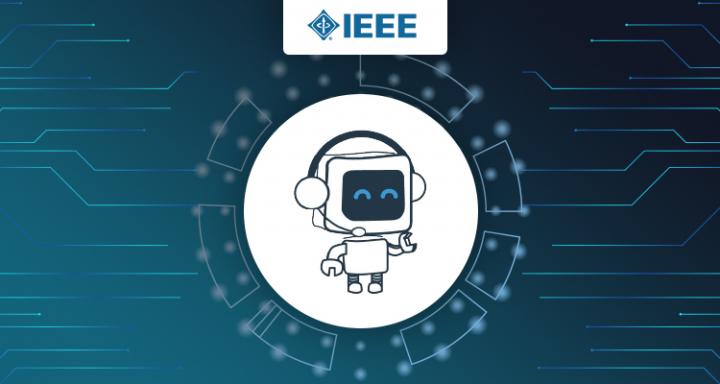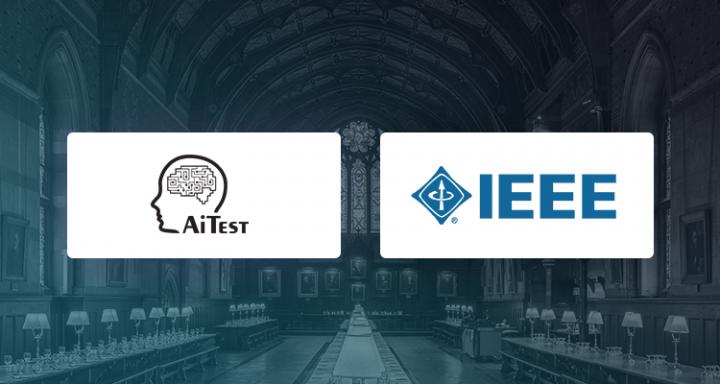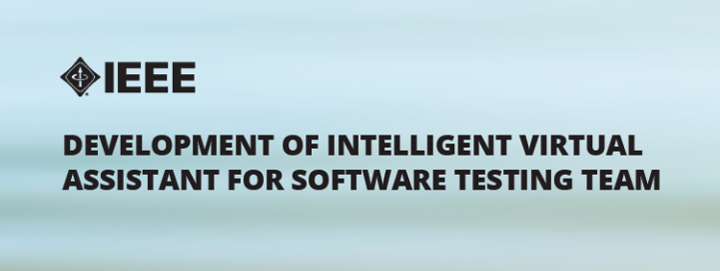Black-Box Testing of Financial Virtual Assistants
We propose a hybrid technique of black-box testing of virtual assistants (VAs) in the financial sector. The specifics of the highly regulated industry imposes numerous limitations on the testing process: GDPR and other data protection requirements, the absence of interaction logs with real users, restricted access to internal data, etc. These limitations also decrease the applicability of a few VA testing methods that are widely described in the research literature. The approach suggested in this paper consists of semi-controlled interaction logging from the trained testers and subsequent augmenting the collected data for automated testing.




